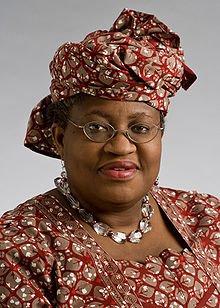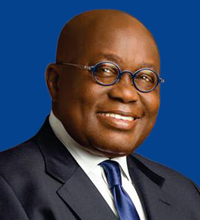Corruption and bad governance are impediments and constraints to economic growth. Corruption is also very costly if its impact on the economy, revenue collection and household expenditure is quantified. There are numerous reports and publications that conclude that corruption by public officials remains a major problem in countries across Africa, with no exception. Many of these reports have attributed the continents underdevelopment to corruption, given its multifaceted detrimental consequences.
No nation whether developed, emerging or developing is completely free from corruption. What makes a difference is the extent and degree of corruption within a country. The World Bank governance indicators, Transparency International Corruption Perception Index, the Southern African Democracy Barometer, and Transparency International Global Corruption Barometer provide valuable information on the extent of corruption in Africa.
Diagnostic studies have been carried out at national and regional levels in efforts to combat corruption across Africa, resulting to a number of recommendations being made. Most countries across Africa today have commissions or special departments within their respective governments dedicated to fighting corruption. Such national anti corruption bodies are faced with enormous challenges especially in countries where some of the most corrupt are senior members of the government. With such challenges, the anti corruption bodies are in most cases inefficient and lack the political backing to go after such highly placed individuals.
However, over the years, some progress has been made in some countries in Africa in their fight against corruption and such progress is worth commending.



